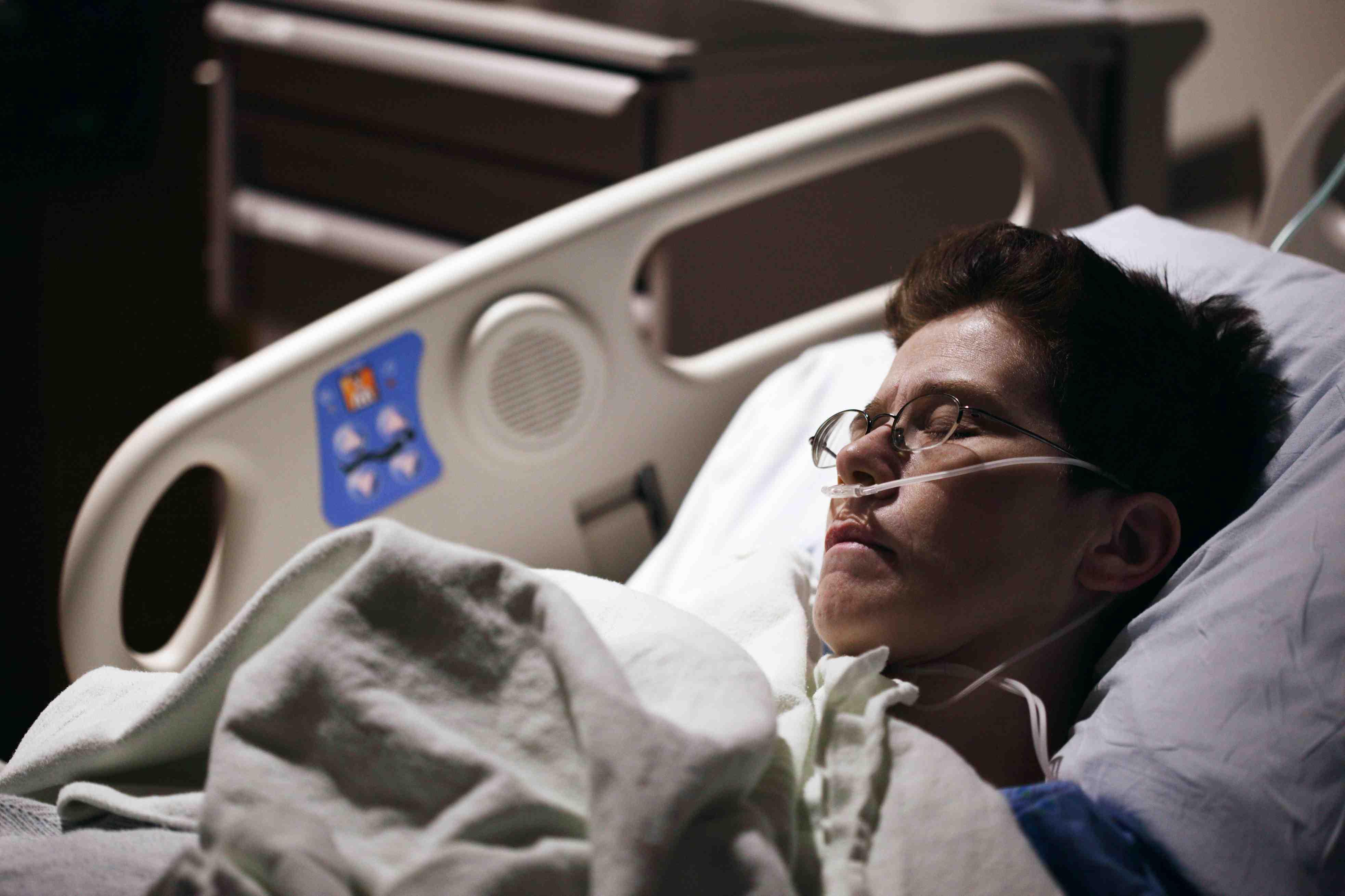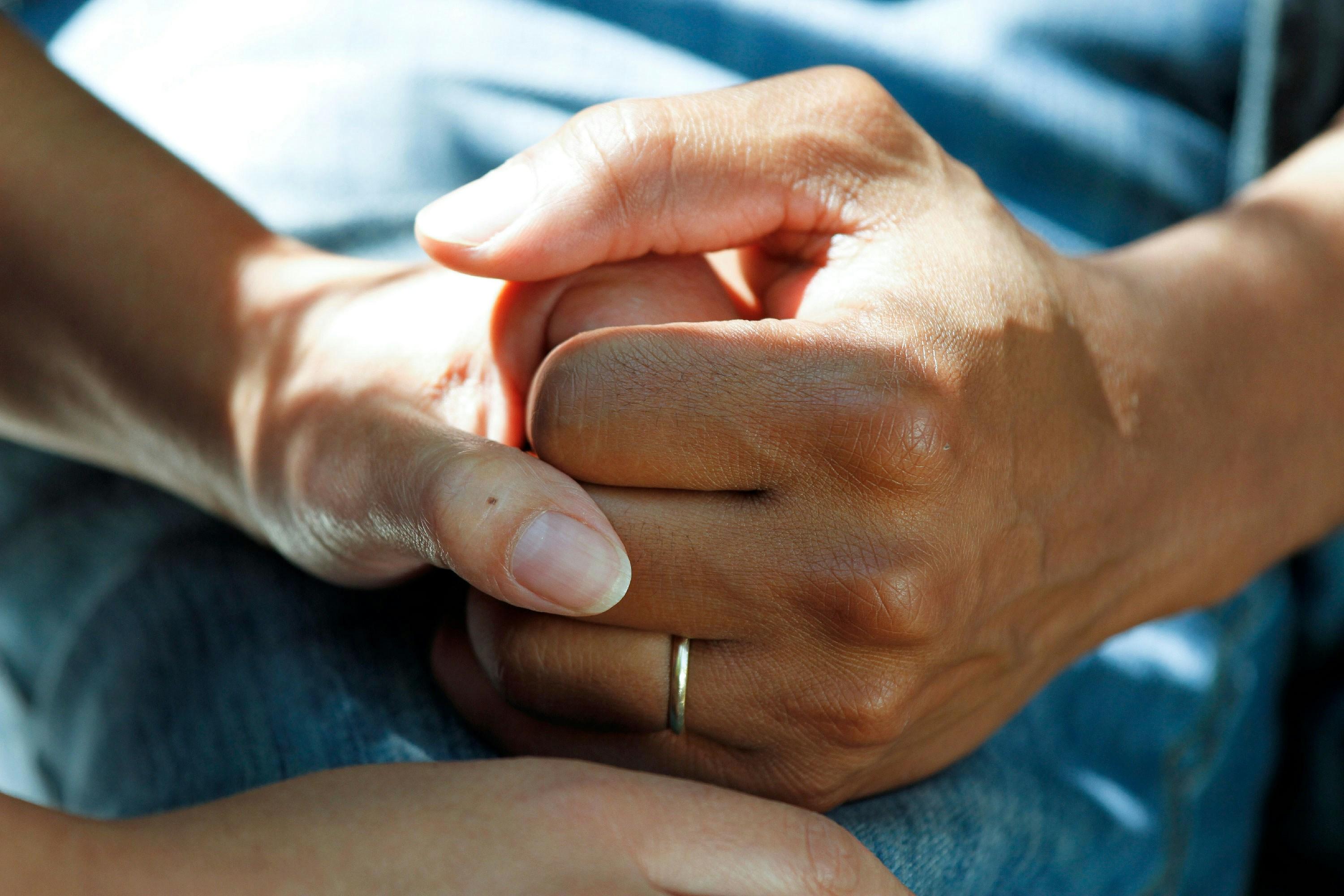How Do You Die of Pneumonia and Why Is It So Deadly? Health Experts Explain
Older adults and infants are at higher risk.
Published Oct. 16 2025, 12:41 p.m. ET

The experience of being diagnosed with pneumonia is a terrifying one for families of older adults and infants, as well as those with weakened immune systems. When an infection reaches the lungs, it can be deadly for several populations of people.
What's equally terrifying is that there are multiple types of pneumonia, including pneumonia acquired while a person is a patient in the hospital. How can this diagnosis be so deadly, and how can people die of pneumonia?
These are all important questions that patients, caregivers, and families should ask and know the answers to. If you do not know much about pneumonia, its symptoms, how it is treated, and why it can be so deadly for so many people, it is imperative that you read the answers below to better familiarize yourself with the nuances of pneumonia and its deadliness.
Continue reading to learn more about why pneumonia is so deadly and how a patient could die of pneumonia.

How do you die of pneumonia?
According to the Cleveland Clinic, pneumonia is an infection that reaches the lungs. It can be acquired through the community (community-acquired pneumonia), a healthcare facility (hospital-acquired pneumonia and healthcare-associated pneumonia) or through a breathing machine (ventilator-associated pneumonia). The cause of pneumonia may be a virus, bacteria, or fungi.
"The most common complication of pneumonia is a condition called pleural effusion. This is the buildup of fluid between the layers of tissue that line the lungs and chest cavity. It causes pain and impairs your ability to breathe," according to Verywell Health.
Per the source, you may experience deadly complications from pneumonia, including sepsis and septic shock, lung abscesses, meningitis, acute respiratory distress, as well as damage to organs resulting in kidney, liver, and heart failure.
Why is pneumonia so deadly?
According to a medically reviewed article on health.com, pneumonia can be deadly in high-risk populations, such as older adults, infants, and those with weakened immune systems. Essentially, as health.com notes, a person's overall health plays a significant role in how their body responds to pneumonia and how severe the symptoms can become.
For those in high-risk populations, their bodies may be unable to contend with the infection, leading to a gradual progression of the illness.
"The risks for infants and people with certain chronic diseases are higher than others because of the way their immune systems function. Infants do not have fully developed immune systems, and people with weak immune systems and older adults have immune systems that work less efficiently than typical," per health.com.
There are further complications that families should be aware of. According to the Connecticut-based West Hartford Health & Rehabilitation Center, older adults may not experience classic symptoms of pneumonia, as it may present differently, which can affect the time between proper diagnosis and treatment.
Confusion, balance issues, urinary incontinence, loss of appetite, and other symptoms that may be present amongst other diagnoses could very well complicate a proper diagnosis for older adults.